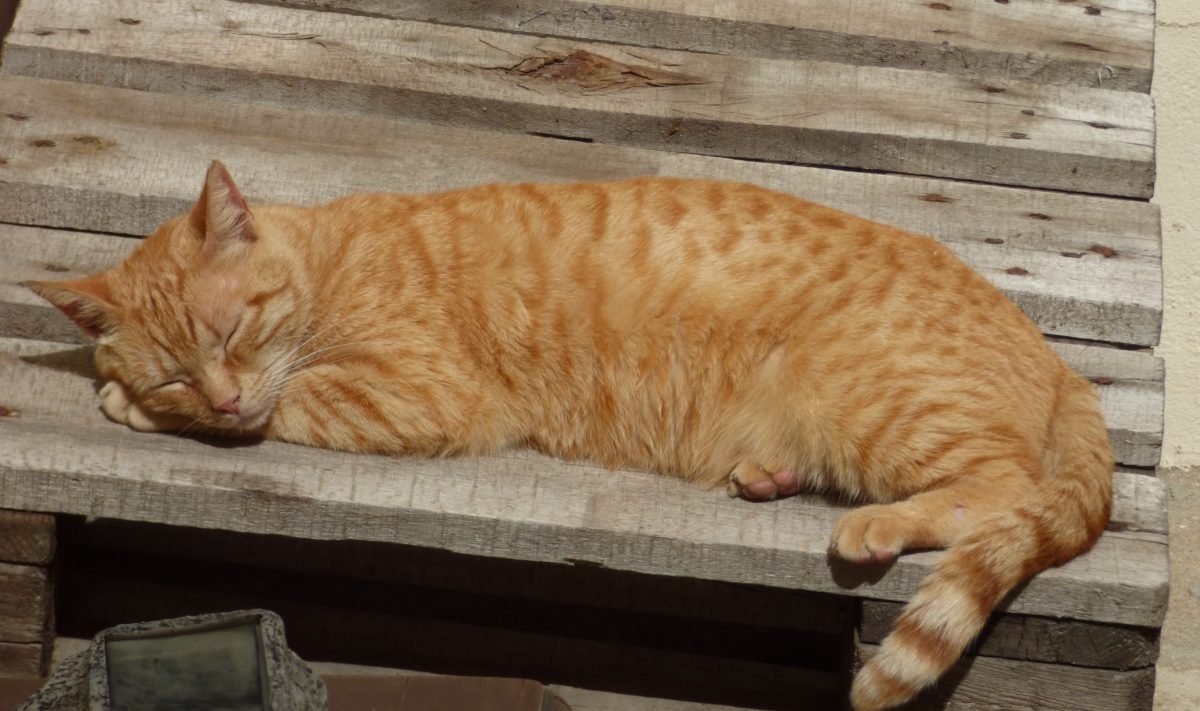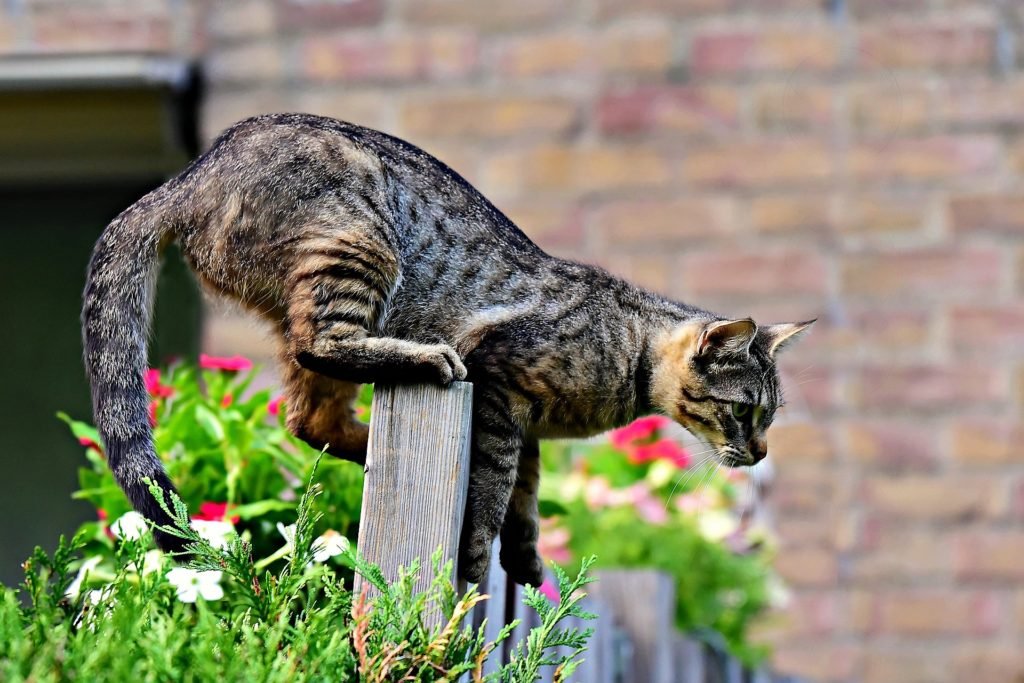Because lost and stray cats do not pose a public safety risk.
Following the death of her microchipped cat Gizmo in a road accident, whose body was later disposed of by a veterinary surgeon without scanning, the owner began a petition to make it a legal requirement for dead cats to be scanned.
The petition, named Gizmo’s legacy, highlighted the fact that thousands of dead cats are not scanned therefore negating any chance of their fate being made known to grieving owners, many of who search for months or years trying to discover what happened to them. The petition called for a change in the law making it a legal requirement for local authorities and other agencies to scan any dead cats they collected or which were brought to them.
Cats always miss out.
The petition gained over 100,000 signatures and was debated in the UK parliament in 2019. Unfortunately the government did not agree, which is not unusual as it appears they do not rate cats very highly. Time and again whenever laws are considered to control or protect animals it is the cat that always misses out with preference always given to the control and welfare of dogs or livestock.
The government responded that it was unnecessary because local authorities, veterinary practices and rehoming centres are encouraged to do it anyway and they already have scanners because the law requires dogs to be microchipped and scanned. They pointed out that this is done to enable stray dogs to be quickly reunited with owners, but obviously do not feel that cat owners should have the same right. According to the Department for Environment, Food and Rural Affairs (DEFRA):
Whilst microchipping cats is good for their welfare, and it is important to publicise those benefits, lost and stray cats do not pose the same public safety risk as dogs, and therefore making cat microchipping compulsory is not considered necessary at this time. We will continue to work, therefore, with the relevant stakeholders to stress the importance of cat microchipping, and the scanning of stray or lost pets.
The reference to not posing a risk of public safety stems back to the Animals Act 1971 which made owners of livestock and dogs liable for any nuisance or damage but exempted cats allowing cats the freedom to roam. DEFRA also mistakenly pointed out that cats involved in road accidents had to be reported under the driver Highway Code Rule 26 which states drivers must report such incidents involving “animals,” but section 170 of the Road Traffic Act 1988 legally defines animals as livestock, horses and dogs. Cats again miss out.
Number wise cats are just as popular companion pets as dogs and loved just as much by their owners and their deaths grieved just the same so it only seems fair that they should be afforded the same chances of being reunited or to have their owners informed of their deaths to relieve the heartache of their loss. Perhaps it is time for the UK government’s attitude towards cats to change.

